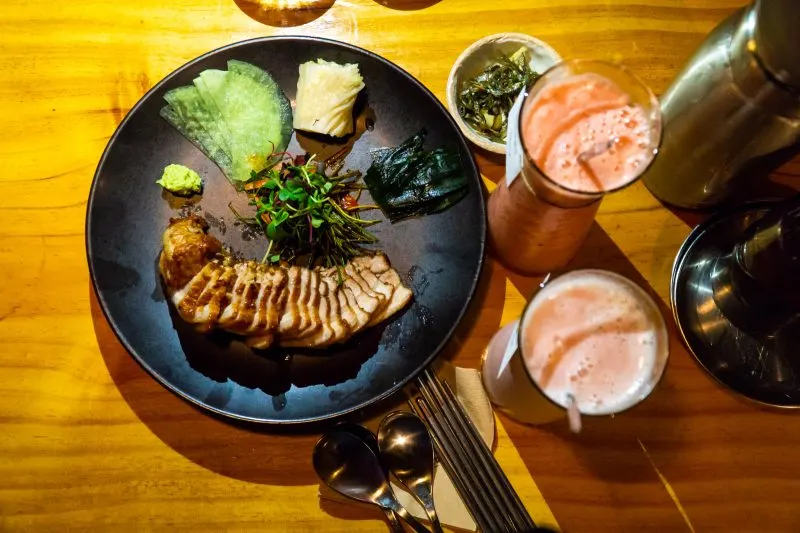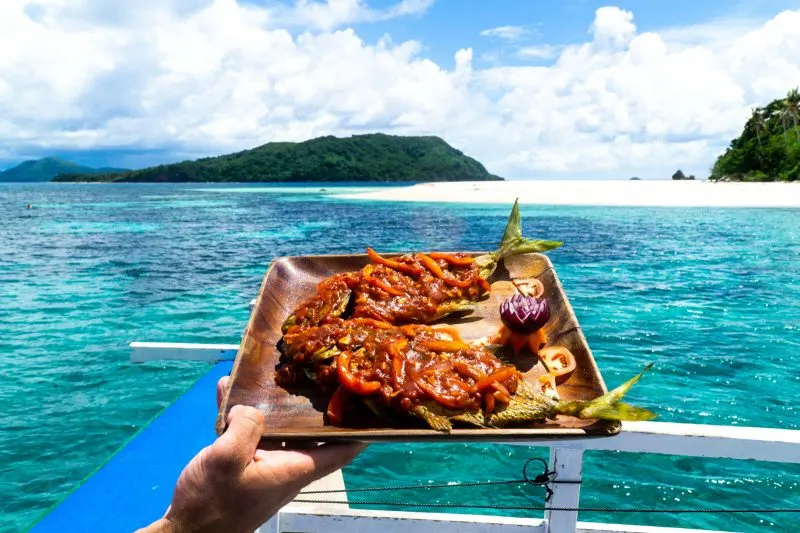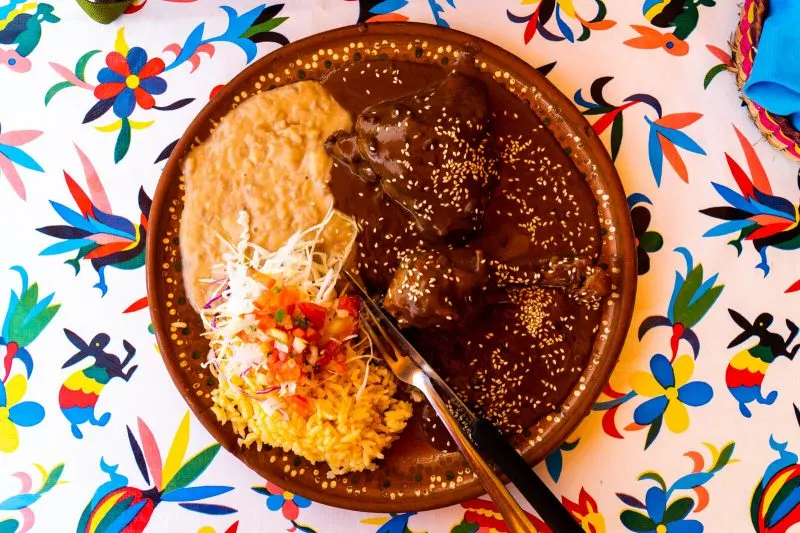Traveling abroad offers exciting opportunities to explore diverse cuisines and cultures. Not surprisingly, Americans love doing this. According to the Pew Research Center, 76% of Americans have traveled to at least one country. Also, 26% have visited five or more countries. About a quarter of Americans who have not been abroad would do it if they could.
While the thrill of being overseas is one thing about going abroad, travelers are also often attracted to food and drinks. However, foodborne and waterborne illnesses are always risks when away from home. Imagine battling with a stomach bug or illness in the middle of your dream vacation.
In this article, we will share a few tips for overseas travel enthusiasts to prioritize food and water safety.
Know Your Sensitivities
Food sensitivity is a common issue in the US. According to the New York Times, millions of Americans struggle with food allergies that cause anxiety during travel. The possibility of anaphylaxis on a flight can make you feel overwhelmed. Prevention and preparedness can keep you out of trouble.
Understanding your body’s sensitivities can be a good start. However, sometimes your body may react in an unexpected way. Foods that you tolerate well at home may also cause discomfort abroad. This usually happens due to unfamiliar preparation methods, ingredients, or bacteria.
For instance, some allergens might be present in local dishes. Intestinal bacteria differ across regions, and your body may not be accustomed to them. Similarly, some cuisines are spicier or richer than what you are used to. You can make informed choices about what to eat by knowing your limits and researching local cuisine in advance.

Avoid Raw Food
Raw or undercooked foods can be the biggest culprits. According to WHO, Enterohaemorrhagic Escherichia coli is a risk often associated with such foods. These include undercooked meat, unpasteurized milk, and contaminated fresh fruits and vegetables. Raw veggies and seafood have been linked with cholera outbreaks.
Avoid culprits like sushi, salads, or rare meats when traveling abroad. Salads and other raw vegetables can be contaminated if not washed properly. Stick to cooked vegetables only. Steer clear of raw or undercooked seafood, especially in regions where hygiene standards may be inconsistent.
Always choose well-cooked meals since high temperatures can kill harmful bacteria. Fruits with peels are safer as their skin protects them from contamination. Make sure that you peel them yourself.
Research Tap Water
Did you know that contaminated water can cause traveler’s diarrhea? That’s not all; even in developed countries, tap water may contain microbes and pollutants. The problem of contaminants like PFAS is even worse. In fact, at least 45% of the American tap water supplies have these dangerous forever chemicals.
The risks of consuming PFAS-laden water have come to light with the ongoing AFFF lawsuits. According to these lawsuits, victims have filed claims against AFFF-based firefighter foam manufacturers. TruLaw notes that firefighters and communities suffering due to the contamination of local supplies have valid claims to bring up legal action.
The average AFFF lawsuit settlement amounts are expected to be between $20,000 and $1,000,000 based on the severity of the damage. While PFAS exposure is often long-term, it definitely raises worry over water supplies at home and abroad. Travelers must do their homework about water safety at their destination.
Also, stick to bottled water instead of using tap supplies. Avoid Ice as freezing does not necessarily kill waterborne bacteria or viruses present. Bottled water may not always be available; you can boil tap water for at least one minute before drinking in such cases.
Prioritize Hygiene
Good hygiene practices can reduce the risk of foodborne and waterborne illnesses. The Pan American Health Organization lists it as one of the golden rules of food preparation. People handling food should go the extra mile with hygiene. Likewise, cross-contamination is another thing to avoid.
Choose vendors who follow good hygiene practices. Clean stalls and fresh ingredients are good indicators. Opt for sealed condiment packets instead of communal jars. You should also do your bit. Use soap and clean water or hand sanitizer if soap isn’t available. Also, wipe utensils if they appear dirty or use disposable ones when necessary.

Frequently Asked Questions
What are some foodborne illnesses?
Foodborne illnesses are linked to the consumption of contaminated food or beverages. Salmonella is attributed to the consumption of raw eggs, poultry, and unpasteurized milk. E. coli O157:H7 is linked to undercooked beef and contaminated produce. Listeria monocytogenes are found in ready-to-eat foods like deli meats.
How can contaminated water make you sick?
Contaminated tap water can harbor harmful pathogens that may lead to severe infections and illnesses. For example, Cryptosporidium causes diarrhea, stomach cramps, and dehydration. Giardia lamblia leads to prolonged diarrhea and abdominal discomfort. Besides these pathogens, forever chemicals in water elevate the risk of cancer and reproductive issues due to long-term exposure.
Are some foodborne illnesses preventable with vaccines?
Yes, vaccines offer protection against certain foodborne illnesses. Hepatitis A vaccine can prevent liver infection caused by contaminated food or water. Similarly, the Typhoid vaccine is a preventive approach against typhoid fever caused by Salmonella typhi in contaminated food or drinks.
Food and water safety is something overseas travelers should not overlook if they seek memorable experiences without health setbacks. Remember that awareness and preparation are crucial. Knowing your destination’s food safety standards ahead of time is the first step. You can also be proactive and consult a travel medicine specialist if needed. With these precautions in place, you can go ahead and explore your dream destinations without worrying about food and waterborne illnesses.

